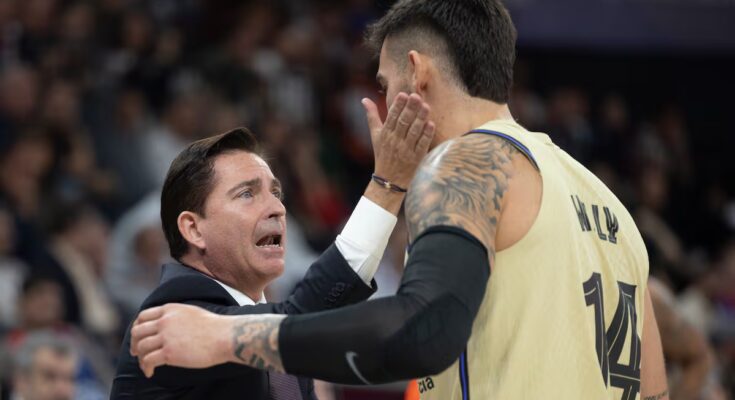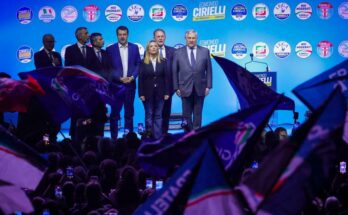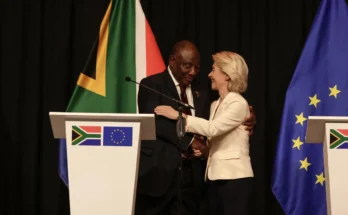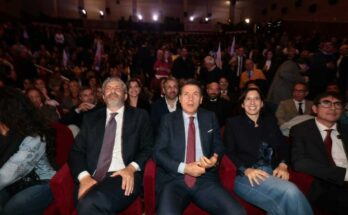When Barcelona eliminated Xavi Pascual in the summer of 2016, the basketball department found itself at a dead end. After the first five glorious years under his command, with a Euroleague, four championships, three Copas del Rey and four Super Cups, Barça had two seasons in which they added just one title to their trophy cabinet, the Super Cup in 2015. As if that wasn’t enough, Pablo Laso’s Real Madrid won a Euroleague, two championships, two Copas del Rey and a Super Cup during that same two-year period. “The coach is the visible face of any project and I understand how this world works,” Pascual had warned even before his dismissal, which came when he still had a year left on his contract. “We are here to win titles, but we met a very strong Madrid.”
Nearly a decade later, the relationship between Gavá’s coach and the club that gave him the opportunity to coach in the elite has come full circle this Thursday. At the Basketball Development Center in Istanbul, pavilion of an Anadolu Efes full of victims and in decline after having overwhelmed the Euroleague at the beginning of the decade, Pascual began his second phase at the helm of the culé bench. In the first he replaced Dusko Ivanovic, of whom he had been assistant for three seasons. Now, the Catalan takes over on an interim basis from Óscar Orellana, who ended his short stay in charge of the club with three wins in three matches (against Bayern Munich, Virtus Bologna and Baskonia).
The formalities, however, remain pending. Until Joan Peñarroya’s sacking, Barça had started the season with eight defeats in 15 games – especially painful defeats in the Clásico del Palau against Real Madrid – and a level of play far removed from that required to compete every week at the pace of the best teams in Europe. Pascual knew this and, knowing the Barça environment like no one else, had already warned him about it in his presentation. “I came to win,” he declared; “At Barça there are no transition seasons.”
Two men insisted on following the maxim to the letter. The first, Tomas Satoransky, who at 34 years old remains the only player that Pascual had under his command in his first phase and who, as in the best of scripts, scored the first basket in the coach’s famous return. The second, the other Czech in the squad, Jan Vesely, who did not mind the magnifying glass that has been hovering over the team’s internal game for some time now and started the match with an impeccable display in shooting and rebounding.
Barça finally took off in the second quarter and it was immediately clear that Pascual wanted to see all members of the team in action before making any decisions. So much so that even the American Miles Norris, a powerful winger who had only had 22 minutes this season, entered the park before half-time, which was reached with an 11-point lead for the Barça team.
However, the advantage disappeared halfway through the third act, when Pascual regretfully discovered the woes of a team accustomed to flirting excessively with ups and downs. Efes inflamed its fans and, with the boiler on the verge of boiling, Barça woke up in time to not miss the match. A triple from Satoransky, the second of the match for the Czech, put his team ahead a minute before the final whistle and left the Turks with a noose around their necks.
Barça arrived with a one-point lead in the last defense of the match and a foul by Vesely with three tenths of a second from the end sent Isaia Cannier to the free throw line, who, as anticipated by his immaculate percentage, was unforgiving from five meters and left Xavi Pascual with the responsibility of performing the miracle from the scoreboard in Istanbul. The strategy didn’t work despite the arrival of the giant Fall on the pitch and, despite a first half in which green shoots could be felt, the coach from Gavá began his second phase as a Barça player with a defeat in the Euroleague. There is a lot of work to do.



